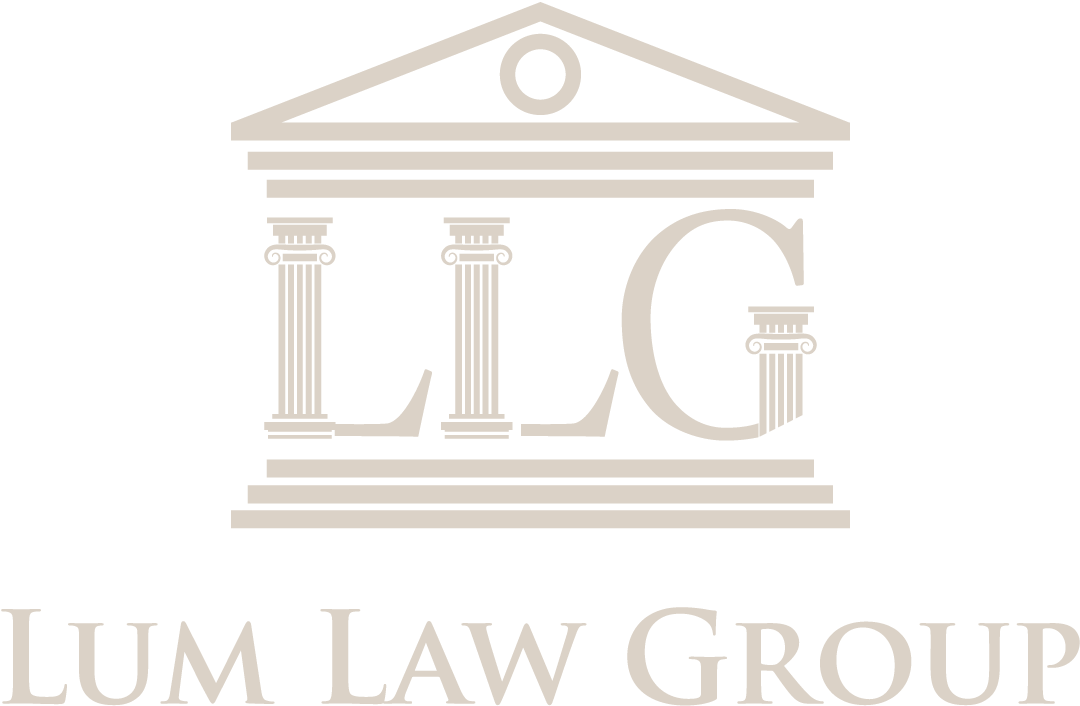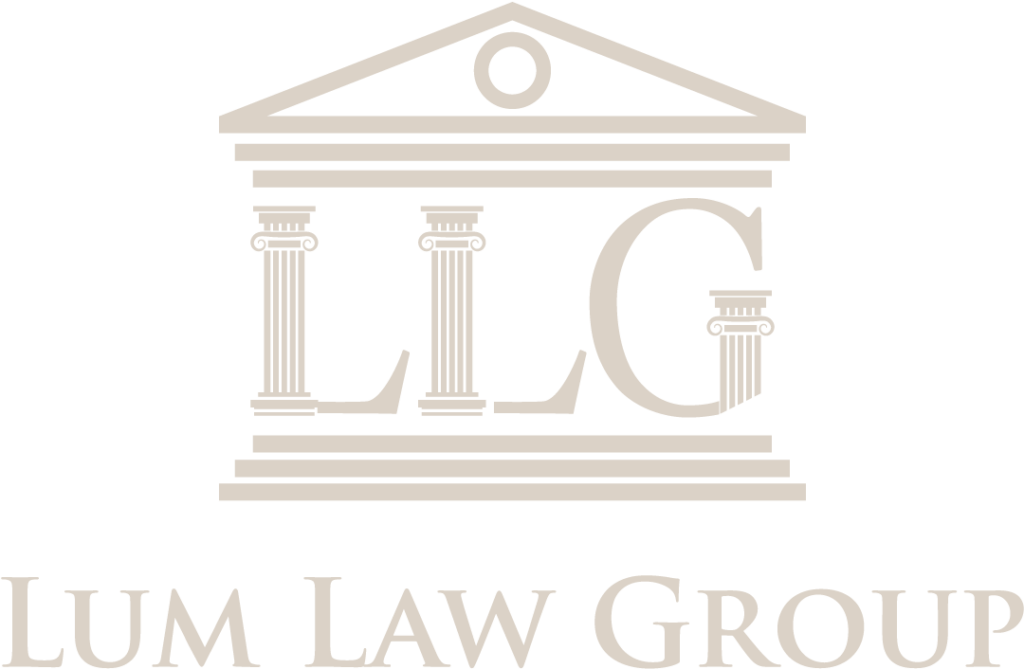Here at Lum Law Group, we have already begun preparing H1-B petitions on behalf of our clients. If you plan on filing this year, do not wait till mid-March (it might be too late!) Contact our office for answers and assistance on filing your H1-B petition this year!
On January 31, 2019, DHS has issued the final H1-B ruling. on the anticipated H1-B processing changes. On January 31, 2019, USCIS published the final H1-B ruling.
1. Having a U.S. Master’s Degree Helps
USCIS’ new “reverse selection order” will apply to the upcoming FY 2020 filing season. If you’re unsure as to what the word “reverse” refers to, here’s how the random visa selection used to work:
- Select 65,000 from a pool of advanced degree exempt “regular” bachelor’s degree holders.
- Select 20,000 from a pool of master’s degree holders.
Here’s how the current selection will work:
- Select 65,000 from a pool that includes both “regular” bachelor’s degree and advanced degree holders.
- Select 20,000 from a pool that includes the remaining master’s degree holders.
The selection order reversal will increase the chances of a advanced degree holder to “win” the H1-B lottery by an estimated 16%, and decrease the chances for a bachelor’s degree only employee to be selected.
2. Early Elimination via Pre-registration
The new pre-registration requirement will require the employer (company) petitioning for employees to first register the employee electronically. The electronic registration will be quick and easy, requiring only basic information such as the employee’s name, citizenship, passport number, job title, and whether the employee has a U.S. master’s degree.
But, it will only be open for a limited period of time, possibly only 14 days (the minimum). During this time, petitioners can delete an inaccurate registration and resubmit, as well as edit a registration prior to submission.
USCIS will then select from pre-registered petitioners. What this means is that many will be rejected at the pre-selection process and not allowed to join the H1-B visa lottery selection.
USCIS states the purpose of pre-registration is to reduce the number of H1-B petitions it receives, screen for duplicates, and to reduce H1-B fraud and not for eligibility purposes. However, the inclusion of a “U.S. Master’s Degree” in the pre-selection process suggests USCIS may prefer U.S. master degree holders over other pre-registrations.
3. H1-B Filing More Affordable
The new rule goes in-depth on the cost analysis of the new implemented changes to H1-b non-immigrant visa processing. The report analyzes both agency savings and petitioner savings. Where previously petitioners would have to hire someone, either in-house or external, to prepare Foreign Labor Certificate and the entire Form 129 – H1-B Specialty Occupation Worker, the pre-registration would reduce the cost of trying. A failed pre-registration screening will result in the petitioner saving significant amounts of money in preparation fees and USCIS filing fees.
In addition, many small businesses who did not have the budget to apply for H1-B given it’s high-entrance cost and risk of failure can now more readily join the lottery.
Now that we’ve highlighted the three key takeaways from the new H1-B rule, you might wonder about premium processing? On January 28th, 2019, USCIS published a press release stating it will resume premium processing cap H1-B petitions for FY 2019. Please contact us if you have any questions regarding this issue.

